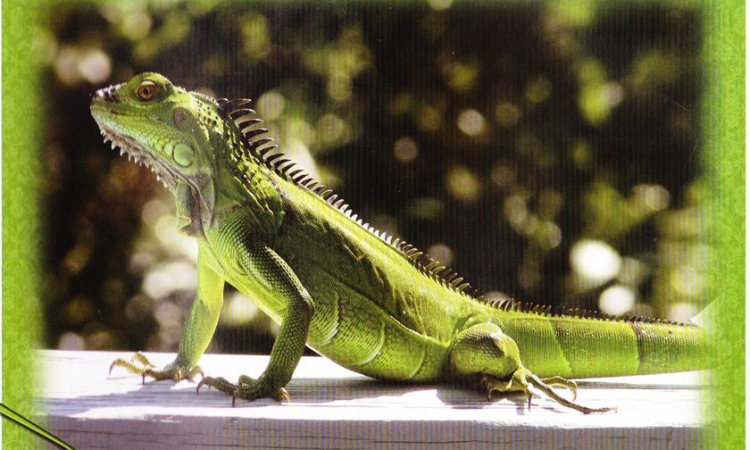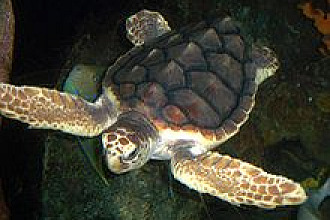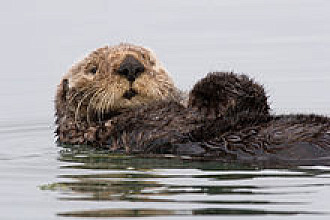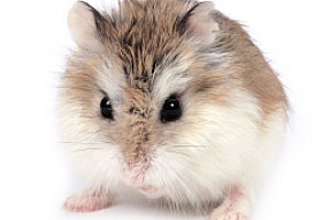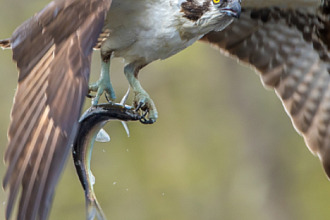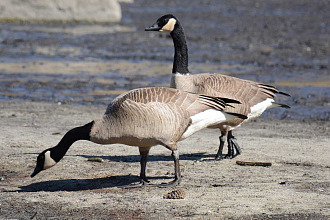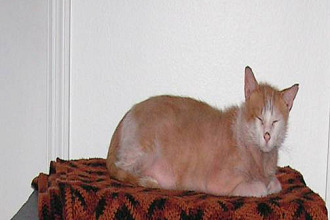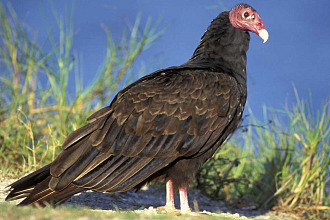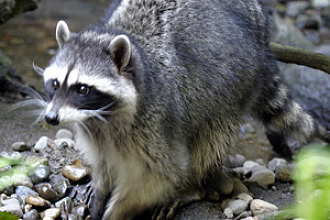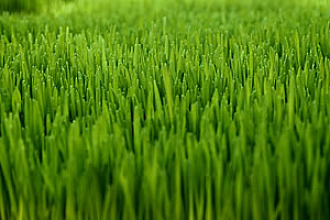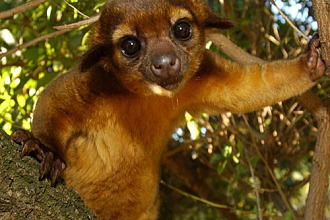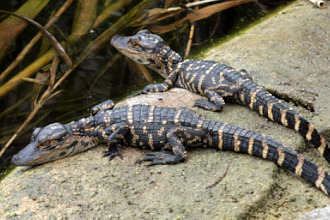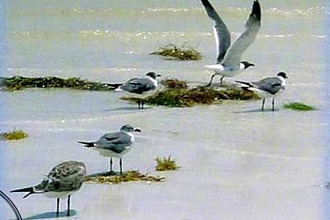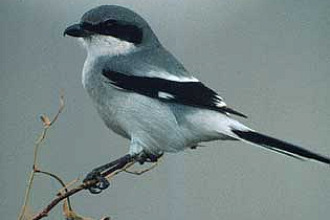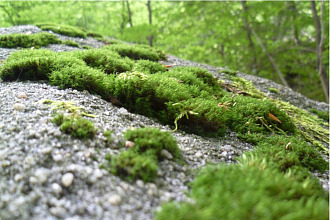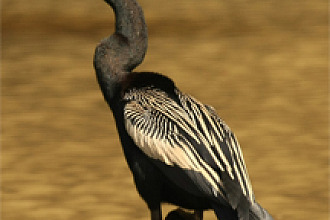Speaking personally, the iguana is not our favorite creature here in these sub-tropical Keys. Those reptiles enjoy bright and beautiful flowers—the hibiscus and bougainvillea—for example, as do we. We humans love to look at them, but iguanas love to eat them!
Inquiring at nurseries about what flowers might not be desired by iguanas, we learned that all tropical flowers are to them like a tasty dessert treat. And high wire fencing placed around a plant won't keep an iguana out either! They have special abilities in climbing, with their long fingers and claws designed to aid them in hanging on wherever they decide to go. Their lumbering gait may appear clumsy—but don't be fooled! When they become aware of danger while resting in upper tree branches, even the 4-to 6-foot-long adults can move quickly—dropping down to the ground or water without hurting themselves—from heights as high as 40 to 50 feet!
Awhile back an ever-increasing number of iguanas appeared on Big Pine Key where we live, and we captured wonderful pic¬tures of them when they were near our home. They were fascinating to watch. We had no idea that in days they would strip the flowers from every bush and plant in our yard, methodically chewing their way through breakfast, lunch and dinner. Now their visits are rare because there are no flowers left in our yard for them to eat! (We made an administrative decision not to buy them more meals!)
But an iguana mother does have a redeeming characteristic. While she does not stay to protect the eggs she lays, nor does she care for her babies during their 2-year growth to maturity, she does make a burrow in the ground to lay some 50 eggs, PLUS she digs a number of other "pretend" burrows at the same time she makes a burrow for her own use for a real nurs¬ery. She does this to confuse other animals that are predators of iguanas who may be searching for eggs to eat. HOW did this otherwise seemingly uncaring mother creature know to do this remarkable protective deed? Because a caring Creator programmed this instinct into the mother iguana, so at least some of the little iguanas from each batch of eggs would have a chance to survive. It is definitely NOT BY ACCIDENT those pretend burrows are made. An Intelligent Designer did this—so iguanas could continue, wanted or not, eating flowers on this earth!
"NOT BY ACCIDENT" (c) Juanita Kretschmar is used by permission and was first published in the book "Not By Accident" pages 6-7

